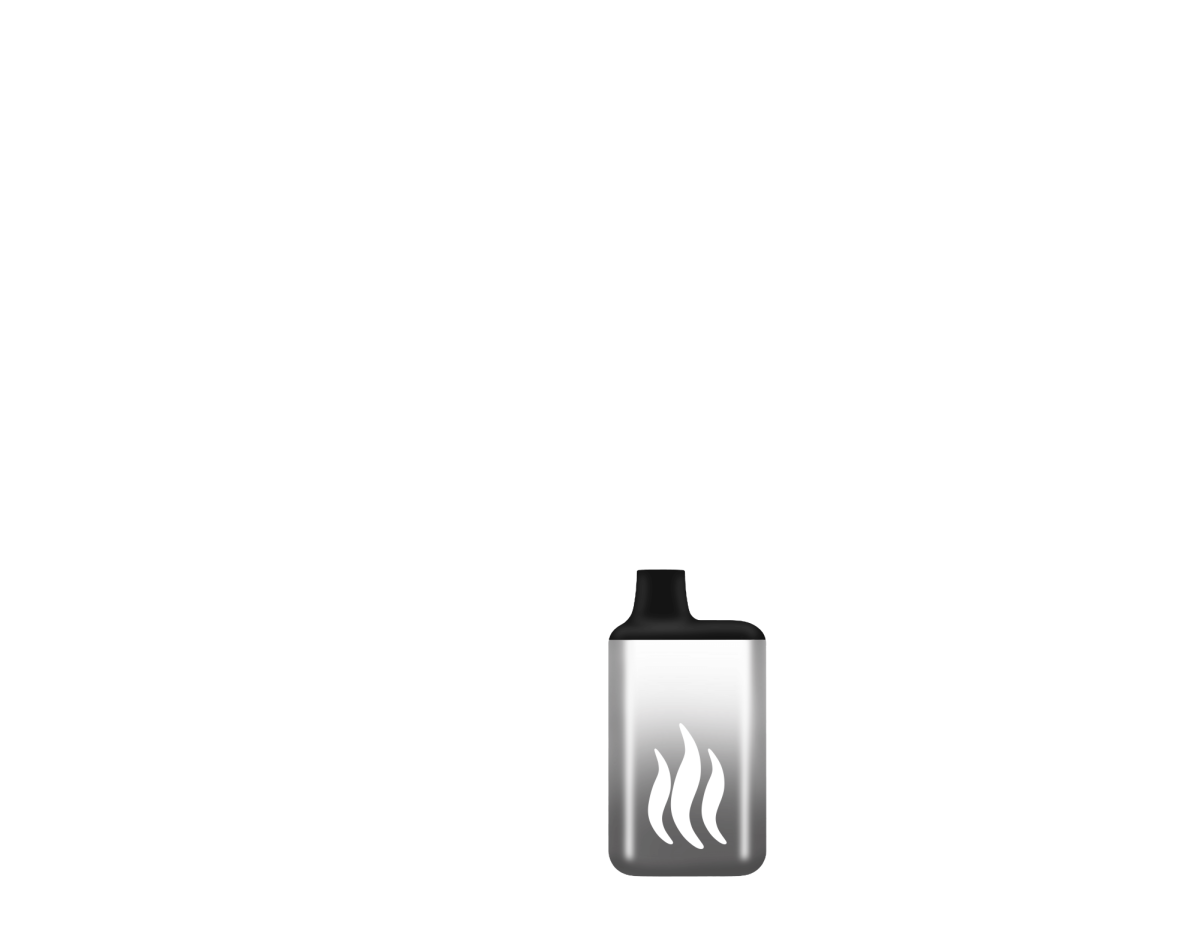Two Merionite staff members sit down for a discussion of Trump’s cabinet picks, and what they think those choices say about the future of America, analyzing what they mean for Trump’s second term and American democracy in a conversation-like format
Alistair: Let’s start by talking about some of Trump’s less publicized cabinet picks. There are a couple of choices—Gaetz, Hegseth, and the like—that have been so absorbent of media attention that many lesser-known, yet arguably just as bad selections remain untouched.
Aliyah: That’s a good starting point. What I’ll say is that the lesser known picks are just as if not more indicative of the future of Trump’s presidency. They also demonstrate what we can expect from the bureaucracy moving forward.
Alistair: Chris Wright exemplifies this. While absent of the same notoriety many of Trump’s other picks have garnered, his nomination as secretary of energy is no less dangerous. A fracking executive with a history of climate change-denialism, his selection is indicative of a complete unwillingness of the Trump Administration to address what’s arguably the most important issue our country faces—the burgeoning climate crisis.
Aliyah: And climate change denialism is a common thread tying many of these cabinet members together.
Alistair: As well as the Republican party at large. Though it’s not especially surprising when the party’s nominee is the beneficiary of millions and millions of dollars of campaign funding from fossil fuel executives.
Aliyah: I mean, Wright said just last year that we are not in a climate and energy crisis and he’s called clean energy and carbon pollution nonsense. It’s worth mentioning that he has no real government experience, aside from his donations to Trump’s previous campaigns and sporadic appearances on Fox news. Zeldin is also outspoken against the Paris agreement, Hegseth has quite literally said climate change has become a “religion,” and Rubio has spoken out against the climate crisis as well.
Alistair: Pretty ironic given his native state of Florida will be a slushie in 10 years.
Aliyah: And that’s where we shift focus onto another sector of his cabinet picks! I think an obvious one to touch on now would be RFK. He’s essentially gone from a complete outsider, scion of America’s most famous liberals, to being welcomed with open arms by GOP members of Congress. It’s an interesting 180° and I think it’s worth examining why he would be nominated and what potential impacts it could bring.
Alistair: I think it speaks to the ideological flexibility of MAGA Republicanism that a guy who’s been an ardent liberal his entire life and someone who’s positioned himself as in many ways antithetical to conservatism, is now embraced fully because he thinks vaccines are bad.
Aliyah: I mean, we’re talking about someone who said Trump was “probably a sociopath” and a terrible human being. That’s quite the switch, but it’s pretty much as unoriginal as it gets looking at this cabinet.
Alistair: His own Vice President, JD Vance, is someone who just eight years ago was referring to Trump as “America’s Hitler,” before undergoing an completely natural, non-contrived ideological transformation that happened to align with furthering his political career. I guess given how everybody who hates Trump ends up working for him later, I guess it’s just inevitable that one of us will be in the cabinet soon.
Alistair: But as much as RFK might be a punching bag for liberal pundits, I think there’s a genuine, optimistic case for RFK’s tenure as HHS secretary.
RFK is in many ways worse than your typical republican HHS nominee. His anti-vaccination views are the best example of this.
But there are ways in which he’s better. He’s displayed a genuine anti-corporatism. He’s acknowledged a very real crisis of national health. He has a career that, in between bouts of insanity and heroin addiction, includes real, admirable work, like in his successful lawsuit against Chemical multinational Dupont. The question is whether the ways in which RFK is worse than your typical nominee are outweighed by the ways in which he’s better than your typical republican nominee.
Aliyah: I think you make a good point there, and I do think it’s very possible that his presence could spark a long overdue conversation about the merger of big pharma and government. that continues to in many ways plague health policies. RFK, for all his flaws, is really far from a garden variety GOP hack. I will add that while he is a sort of breath of fresh air in comparison to other corporate stooges, it is very possible he brings us back to an era where basic science is treated as an option. That, to me, is frightening. However his tenure might roll out, it’s sure to be a break from GOP orthodoxy.
Alistair: Another name worth mentioning is Linda McMahon. The former WWE executive has now been made Trump’s prospective secretary of Education.
Aliyah: McMahon’s nomination is a tableau of incompetency, and it raises some questions about the role of education in a government that seems increasingly inclined to “decentralize” power in the name of reform. I think there are obvious concerns here, but if I was going to surmise the fundamental issue with this nomination, here’s it. If the goal is to deliver a blow to public schools through increased privatization, how much of that funding will reach students who need it? We will likely continue funneling resources to families who are already at an advantage. Now again, we have to ask ourselves if a business titan with no formal experience is the right person for this kind of job.
Alistair: Well, for the president-elect, the absence of meaningful government experience is the selling point. The entire trump administration—arguably the entire basis for him deciding to run for president in the first place—is the notion that bureaucrats are fundamentally corrupt, unproductive, and inefficient, and that only by bringing in a team of absolute mavericks—complete outsiders—only then can we bring some level of competency to government.
Aliyah: It’s the old refrain: “Run the government like a business.”
Alistair: I think the most appalling part of this selection is in the blatant quid pro quo that underscores it. The fact that Trump picked a completely unqualified nominee who just happens to be the wife of someone he’s long time friends with, someone who spoke for him at the RNC–that’s hard to put down as coincidence.
Aliyah: And it’s not even really clear what exactly McMahon’s role will look like. Given Trump’s pledge to fully eliminate the department of education, it’s entirely possible her position won’t even exist in 4 years.
Alistair: In fact, the government as a whole might look radically different, given Musk’s vision of eliminating 2 trillion dollars from the national budget.
Aliyah: I think we’d be remiss not to mention Gabbard.
Alistair: I think that Gabbard is by far the most dangerous pick. DNI, or Director of National Intelligence, though not as prestigious or well-known as something like State or Treasury, is in no way less significant. As the head of the entire US intelligence community—FBI, CIA and NSA alike—Gabbard’s position has grave consequences for America’s standing on the world stage. With Gabbard having repeatedly sympathized with foreign autocrats, it raises serious questions for her ability to lead a successful US foreign policy.
Aliyah: Agreed. Gabbard’s positions often veer into authoritarian territory. Her blind devotion to Putin isn’t just a dangerous political stance —it’s borderline treasonous, actively aiding the forces trying to dismantle democracy and weaken America. Gabbard’s entire political career reeks of hypocrisy and opportunism. She manages to turn every legitimate grievance into a weapon to further fragment the nation all while pretending to promote unity.
Alistair: I think Trump’s nominee for Homeland Security Secretary, South Dakota Governor Kristi Noem, is worth mentioning.
Aliyah: Governor of a state that has seemingly very little in the way of relation to the border.
Alistair: A state that’s closer to Canada than Mexico, yes? So unless we’re worried about the smuggling of illicit maple syrup…
Aliyah: Again, her selection underscores a broader theme among Trump’s picks. Meritocracy, qualifications, experience–all dirty words to the President-elect. Instead, his picks are sourced primarily from the backyard of Mar-A-Lago or the panels of Fox News
Alistair: And that’s not even including Noem’s personal foibles. I guess they’re not going to be doing any “bring your pet to work” days.
Aliyah: Well, I see we’re running short on time. Let’s just do a lightning round, two words for each pick. Kash Patel, FBI Director.
Alistair: Deep state. Susie Wiles, Chief of Staff.
Aliyah: Competent, unfortunately. Pam Bondi, new Attorney General nominee.
Alistair: Second choice to an alleged sex criminal.
Aliyah: And that wraps things up at the end of the day, Trump’s choices are underscored by a fundamental value judgement. The President-Elect didn’t aim high and shoot low. No, the inexperience, the lack of qualifications—every flaw is in his eye an endorsement.
Alistair: We can quibble over methods and processes as long as we’d like, but so long as the fundamental values by which we operate are diametrically opposed—real progress is untenable.





